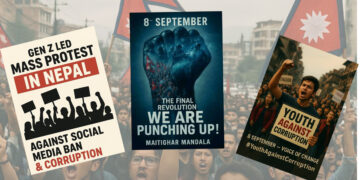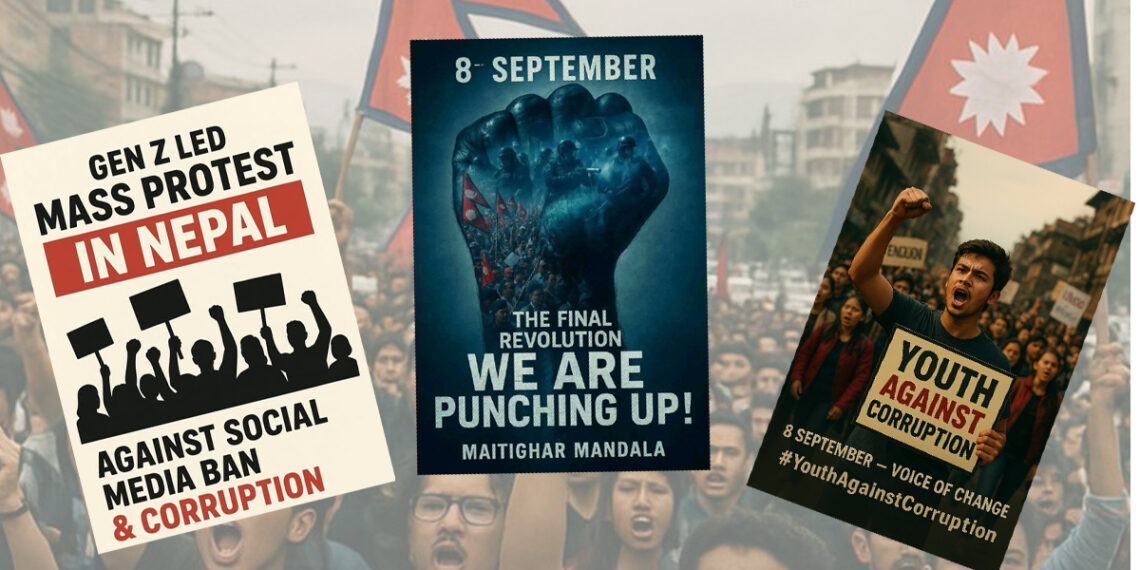A Ban Becomes a Breaking Point
For many young Nepalis, social media isn’t just entertainment it’s life, livelihood, and voice. That’s why when the government blocked 26 major social media platforms including Facebook, Instagram, WhatsApp, YouTube, and X (formerly Twitter) for failing to comply with new registration rules, the move didn’t quietly shake people’s routines it ignited unrest.
The ban was meant, officials said, to enforce regulatory compliance platforms had until a deadline set by the Ministry of Communication to register and designate local grievance officers. But for the country’s youth millions of whom use social media everyday for business, connection, and expression this was seen as much more. It was a stifling of identity and protest in one move.
From Online Outrage to Furious Footsteps
The response was swift. Young people took to the streets, mostly in Kathmandu but also in other major cities. They came bearing signs: “Shut down corruption, not social media,” “Youths against corruption,” “Unban social media.” Many wore school or college uniforms symbols of their innocence and also their collective voice.
What began as a digital outcry exploded into physical protest when law enforcement stepped in. Tear gas, rubber bullets, water cannons, and batons were used. Entrances to the Parliament building were breached. Clashes turned deadly: dozens lost their lives, hundreds were injured. The grief and outrage merged, spreading beyond Kathmandu.
More Than a Ban: The Deeper Roots of Fury
While the social media ban lit the match, what set the tinder ablaze were long-standing frustrations: corruption, economic stagnation, lack of basic services, nepotism, and a ruling class that many youths feel has ignored their plight for years.
Many digital creators and young business owners felt particularly betrayed. These are people who earn livelihoods, build brands, and engage in activism online what happens when that world is suddenly cut off? Some have lost income, visibility, and personal safety. Others see the ban as a warning: if speech can be restricted in one domain, what stops more sweeping censorship next?
Why Gen Z Fought Back
For Nepal’s youth, this wasn’t just about apps. Social media is where they work, speak, and connect. Losing it meant losing income, identity, and freedom. Years of frustration with corruption and unemployment boiled over and the ban became the final straw.
The Aftermath
Prime Minister Oli defended the decision as “just enforcing the law,” but the backlash forced the government to lift the ban. By then, Gen Z had made their point clear: they won’t be silenced, online or off.
















